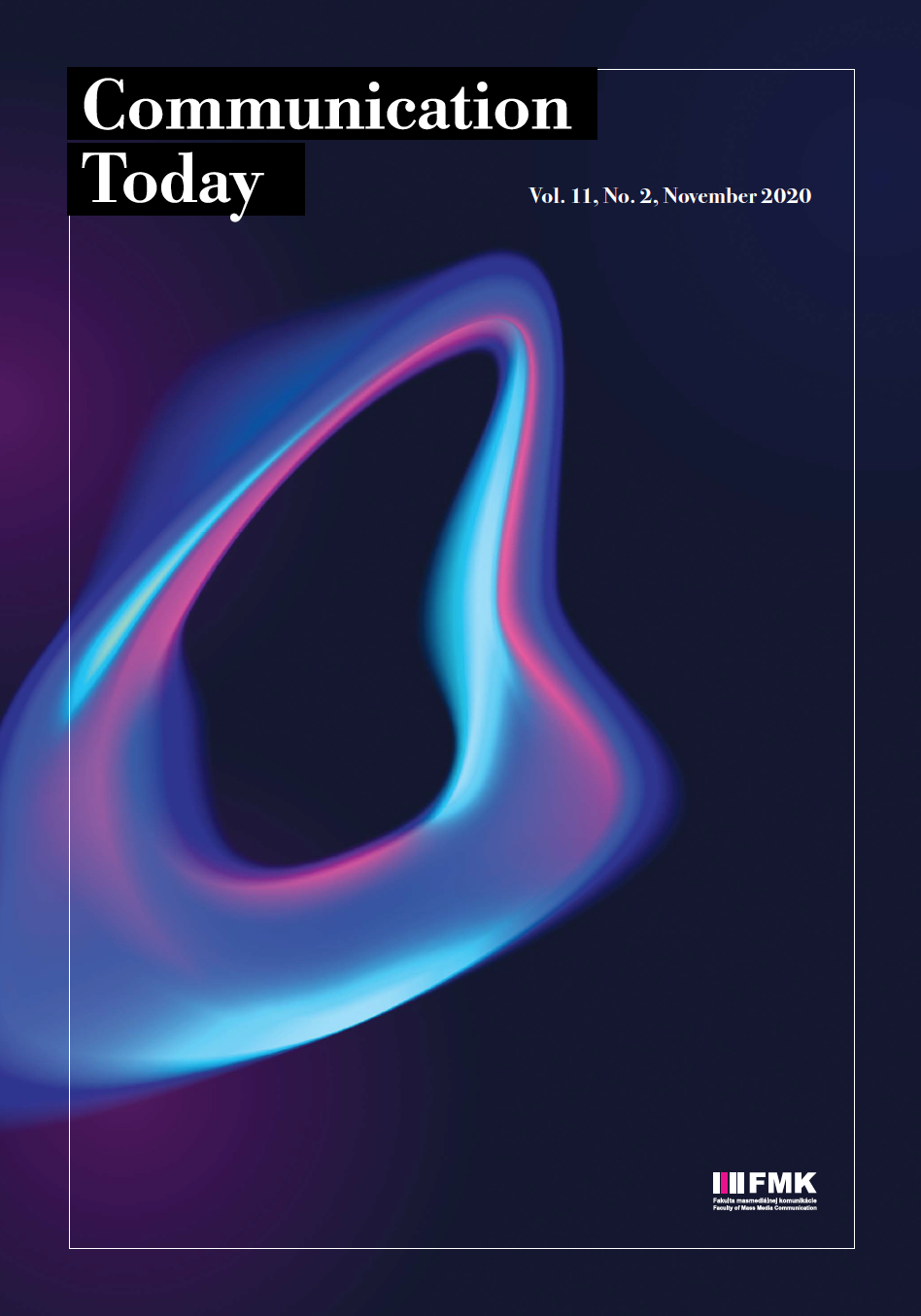CRISIS OF MASCULINITY, EROTIC CAPITAL AND MALE GROOMING IN THE SOCIOLOGY OF MARKETING COMMUNICATIONS
CRISIS OF MASCULINITY, EROTIC CAPITAL AND MALE GROOMING IN THE SOCIOLOGY OF MARKETING COMMUNICATIONS
Author(s): Ondřej Roubal, Jitka CirklováSubject(s): Media studies, Communication studies, Sociology of Culture, Marketing / Advertising, Socio-Economic Research
Published by: Univerzita sv. Cyrila a Metoda v Trnave, Fakulta masmediálnej komunikácie
Keywords: beauty; crisis of masculinity; erotic capital; marketing communications; masculinity; men; physical attractiveness; success;
Summary/Abstract: Beauty is an objective reality, not a myth. For some time, the biological sciences, sociobiology and sociology have demonstrated the role of beauty as a factor influencing a number of life circumstances. Recently the theory of erotic capital has grown in sociological thought, which spreads and deepens the concept of human capital to include another important dimension. Erotic capital as a complex quality includes not only physical attractiveness and sexual attractiveness but also social competence, temperament, sexuality and a capacity for self-presentation. This capacity for self-presentation is dependent on the ability to groom, to care for one’s own appearance and body. The goal of this study is to demonstrate that this dimension of erotic capital has become a relevant life strategy for a male population as components of a formula for life success, and that they are willing to invest ever more funds in grooming. We are seeking to support the hypothesis that a relationship exists between efforts to increase one’s own attractiveness and desire for success. What can be identified as “male grooming” is a growing economic sector, supported by an ever more robust marketing industry. We have reached the conclusion that the media-constructed narrative of male grooming can be effectively communicated as the potential to achieve a hegemonic masculinity, i.e. dominance and success in the socioeconomic dimension of life, which corresponds to the empirical findings of sociologists. It is thereby possible to respond to perceptions of male grooming as an expression of a crisis of masculinity, or rather of a submissive and marginalised masculinity unappealing and rejected by the heterosexual male population.
Journal: Communication Today
- Issue Year: 11/2020
- Issue No: 2
- Page Range: 18-34
- Page Count: 17
- Language: English

